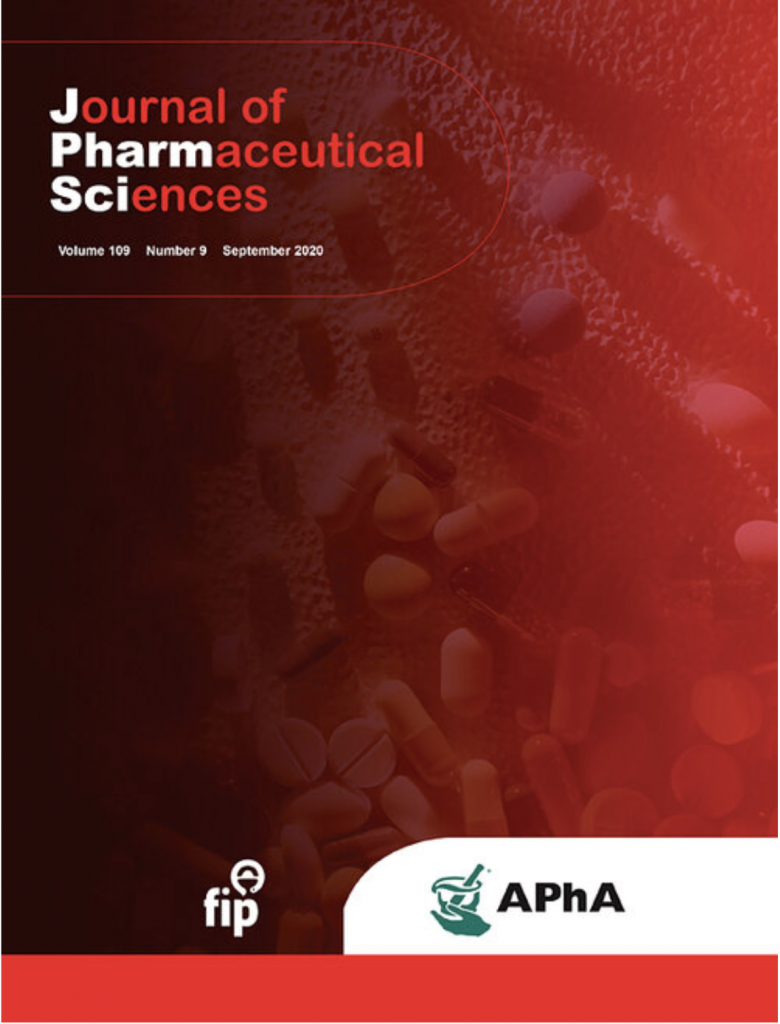Plasma and Red Blood Cell Membrane Accretion and Pharmacokinetics of RT001

Plasma and Red Blood Cell Membrane Accretion and Pharmacokinetics of RT001 (bis-Allylic 11,11-D2-Linoleic Acid Ethyl Ester) during Long Term Dosing in Patients
RT001 is the di-deutero isotopologue of linoleic acid ethyl ester (D2-LA). Resistance to oxidative damage at the carbon-deuterium bond depends upon the concentration of D2-LA as a percentage of total LA. We report here on the plasma and red cell (RBC) pharmacokinetics (PK) of D2-LA, and its metabolite 13,13- D2-arachidonic acid (D2-AA), in patients with multiple neurodegenerative diseases (total of 59 partici- pants).
In Friedreich’s ataxia patients, D2-LA was absorbed and transported similarly to dietary LA, peaking at about 6 h after oral dosing. Plasma D2-LA concentrations approached steady state after 28 days of dosing. After 6 months of daily dosing in subjects with other disorders, D2-LA and D2-AA levels were at or above the 20% of total (D2-LA/total LA, or D2-AA/total AA) therapeutic targets for most subjects. We conclude that chronic dosing of RT001 and associated dietary guidance can be maintained over many months to achieve target plasma and RBC levels, forming a basis for therapeutic dosing across a broad range of conditions.
RT001 has been safe and well-tolerated in 59 different participants treated across 10 different neurodegenerative diseases in multiple clinical trials for up to 36 months with no significant drug related adverse events limiting use.
To download the publication click here
